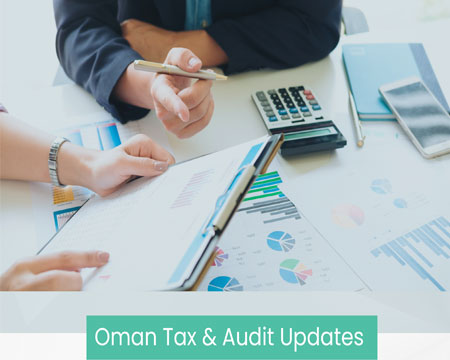
Oman Tax & Audit Updates
Aligning with OECD/G20 initiatives, Oman has introduced a 15% domestic minimum tax effective January 1, 2025.

Aligning with OECD/G20 initiatives, Oman has introduced a 15% domestic minimum tax effective January 1, 2025.
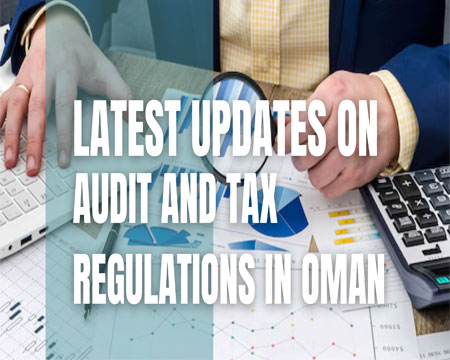
Oman has introduced significant changes to its audit and tax landscape in 2025, aligning with global standards and enhancing compliance mechanisms.
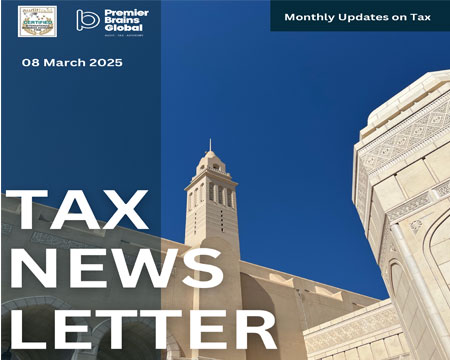
Oman continues to make strategic strides in economic diversification, fiscal stability, and sustainable investment.
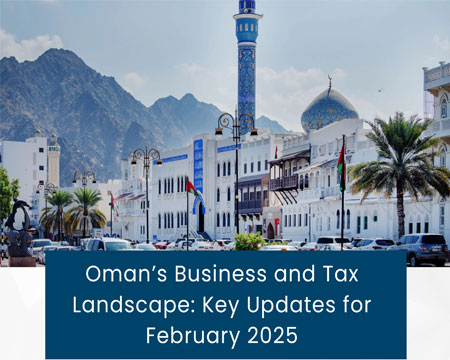
Oman continues to strengthen its economic and regulatory framework, with several significant developments in February 2025 that impact businesses, investors, and multinational corporations operating in the country.
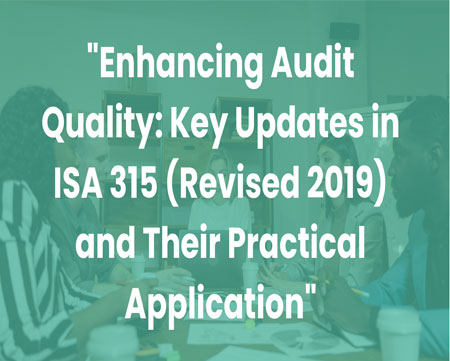
The updates in ISA 315 (Revised 2019) significantly enhance the auditor's approach to risk assessment, leading to improved audit quality. Here's how auditors should approach each of the key updates, along with relevant analytical procedures:
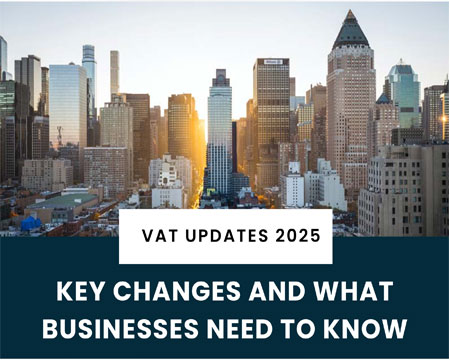
As we enter 2025, Oman’s Value-Added Tax (VAT) system continues to evolve with updates aimed at enhancing compliance and streamlining tax processes.

When a business in Oman reaches a point where it needs to cease operations, a formal company liquidation process is required to wind up its affairs legally and systematically.
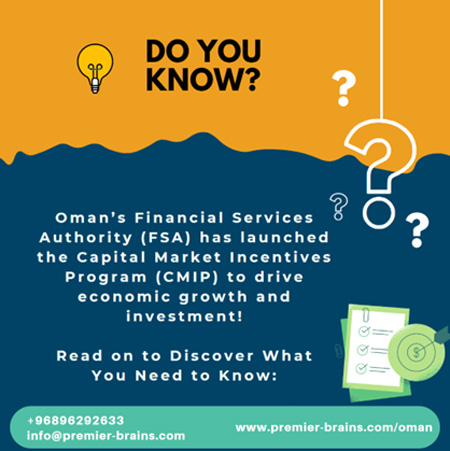
Oman's Financial Services Authority (FSA) has launched the Capital Market Incentives Program (CMIP), a transformative initiative aimed at invigorating investment and broadening participation in Oman's capital market.

Oman’s Financial Services Authority (FSA) has launched the Capital Market Incentives Program (CMIP) to stimulate economic growth and investment. This new initiative offers businesses significant tax incentives and access to new market opportunities.

Since the adoption of IFRS 15, revenue recognition has undergone a significant transformation, challenging entities across various industries to reassess how they account for their transactions.
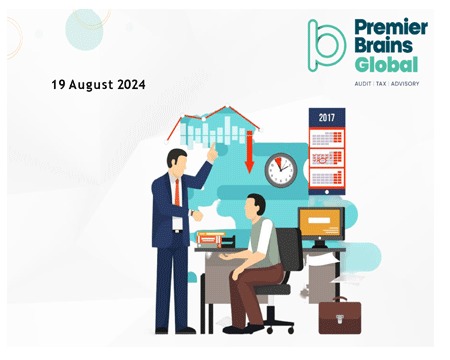
The International Financial Reporting Standard (IFRS) 18, issued in April 2024, represents a significant development in the presentation and disclosure requirements of financial statements. Effective for reporting periods beginning on or after 1 January 2027, IFRS 18 supersedes IAS 1, marking a pivotal shift in how entities present their financial information.
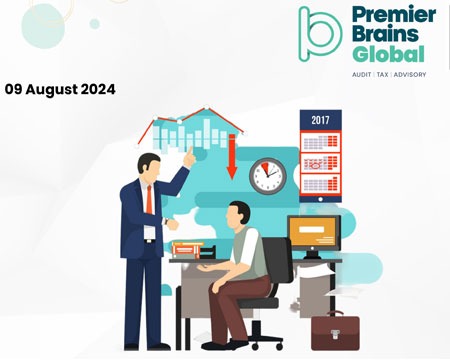
Implementing IFRS 16, the accounting standard that governs lease accounting, has proven to be a challenging yet critical task for many organizations.
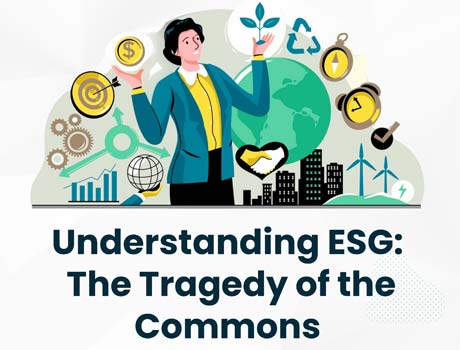
In today’s rapidly evolving landscape, ESG (Environmental, Social, and Governance) expertise is not just an advantage—it's a necessity. Training in ESG is essential across all industries and job functions.